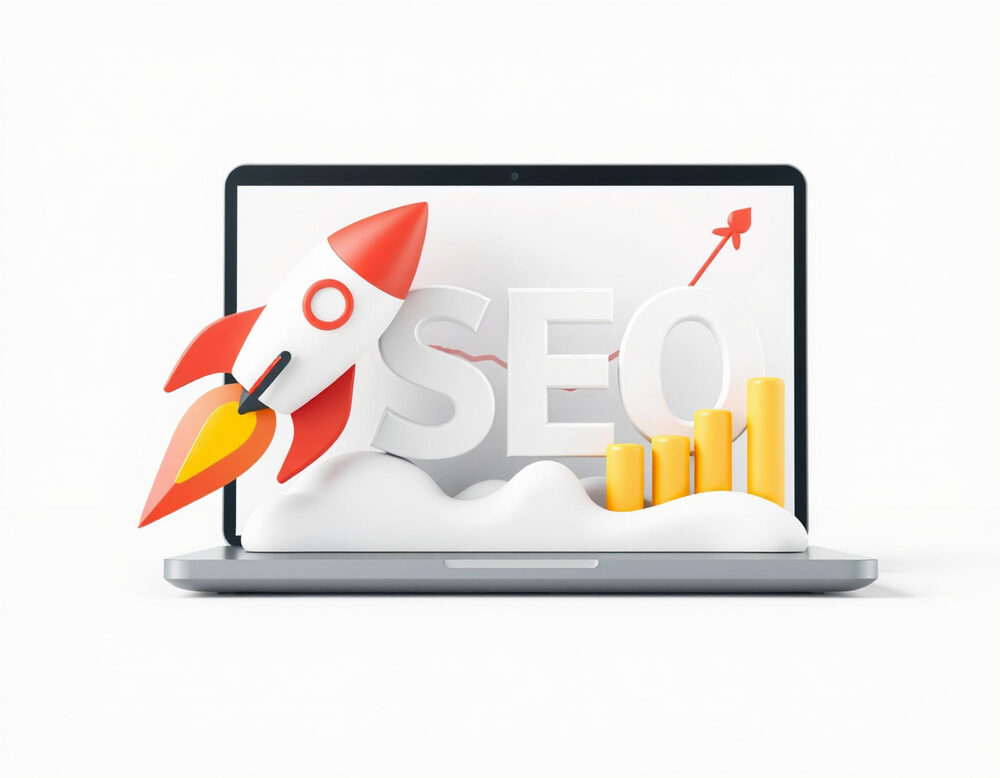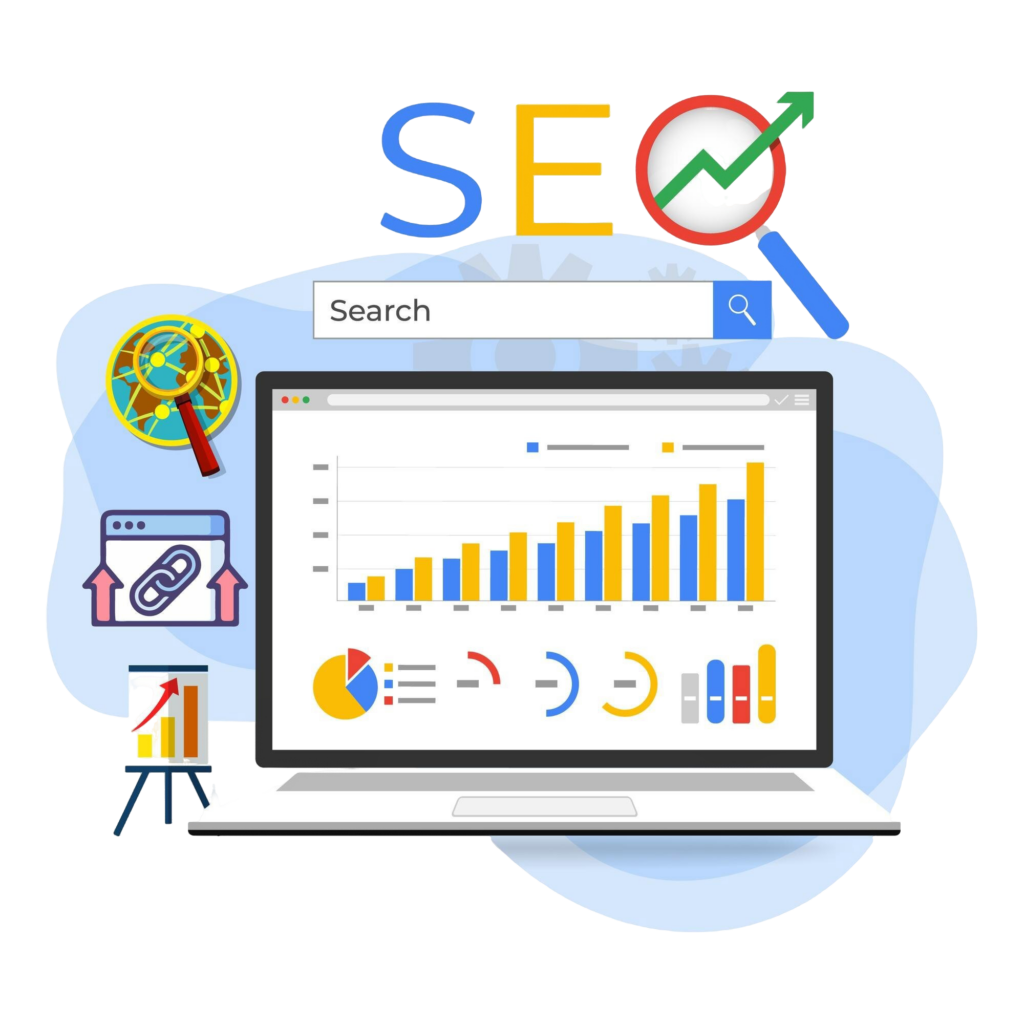Website speed plays a pivotal role in determining both user retention and SEO performance. In today’s fast-paced digital environment, users expect websites to load within seconds. If your site is slow, the impact goes beyond user frustration—it directly affects your search engine rankings and overall business performance. Here’s how website speed influences both user retention and SEO.
Website Speed and SEO: A Direct Correlation
When it comes to website speed and SEO, search engines, particularly Google, use site speed as a ranking factor. A slow-loading website can severely harm your SEO efforts, causing your pages to rank lower in search results. Google introduced Core Web Vitals, which focus on user experience metrics such as page load time, interactivity, and visual stability. These metrics are directly related to website speed, meaning that optimizing them leads to better SEO performance.

According to studies, a website that loads in 2 seconds or less is ideal for optimal SEO performance. Anything beyond 3 seconds drastically reduces your site’s chances of ranking high. Google’s algorithm favors fast-loading sites, so the faster your site, the better it performs in search results.
The Effect of Website Speed on User Retention
A fast website isn’t just about SEO—it’s crucial for user retention. Users are more likely to leave a site that takes too long to load. Slow website speeds contribute directly to higher bounce rates, which signals to search engines that users are dissatisfied with your content. This, in turn, impacts your SEO ranking.
A study by Google shows that 53% of mobile users will abandon a site if it takes longer than 3 seconds to load. This highlights the importance of fast-loading mobile websites for both user satisfaction and SEO. Mobile website speed is crucial because more than half of global web traffic comes from mobile devices.
How Website Speed Affects SEO Ranking and User Experience
Page speed impacts the user experience directly. Slow-loading pages frustrate users and lead them to leave your site before engaging with your content, which negatively affects user retention and SEO rankings. On the flip side, a fast site enhances the user experience, encouraging users to stay longer and engage more with your content, which improves your site’s overall SEO metrics like time on site and page views.
Improving website speed not only improves user satisfaction but also boosts your website’s performance across multiple SEO metrics. A fast site helps reduce bounce rates, increases user engagement, and enhances your site’s credibility—all of which are crucial for better SEO.

Improving Website Speed for SEO and Retention
Optimizing your website for speed should be a top priority. Several strategies can be used to achieve faster loading times, including:
- Minimizing HTTP requests
- Compressing images and files
- Enabling browser caching
- Implementing a content delivery network (CDN)
These improvements directly impact both SEO and user retention. For example, a well-optimized website that loads quickly on mobile devices improves your Core Web Vitals scores, boosting your ranking in mobile search results and ensuring users have a smooth browsing experience.
Conclusion: Why Website Speed Matters
In conclusion, website speed is a critical factor that affects both SEO and user retention. Slow websites drive users away, increase bounce rates, and lead to poor search engine rankings. On the other hand, fast websites improve user engagement, enhance SEO rankings, and ultimately drive more traffic and conversions. Prioritizing speed optimization is not just an SEO tactic; it’s key to retaining users and keeping them satisfied.
By implementing the right website speed optimization strategies, you can ensure that your site performs well both in search engines and for your users.
